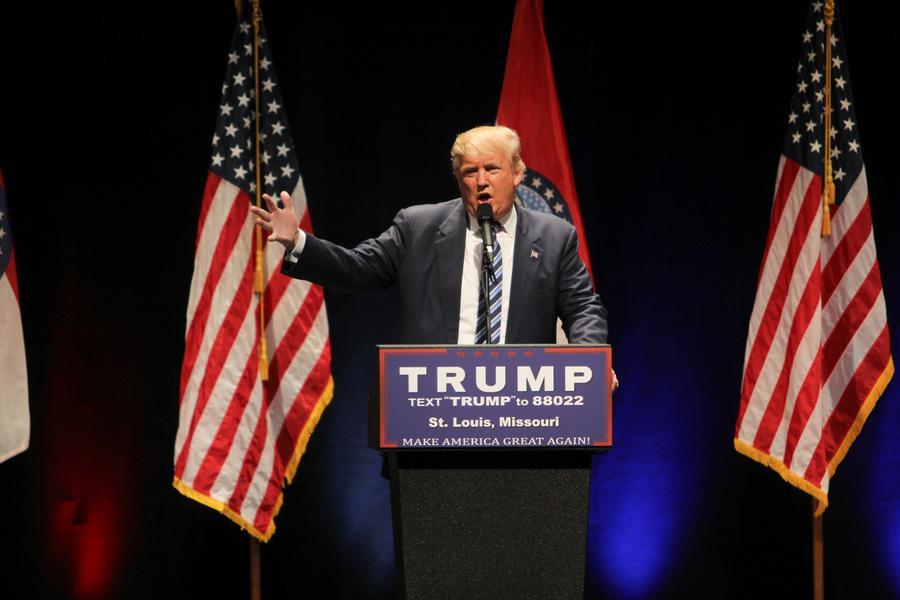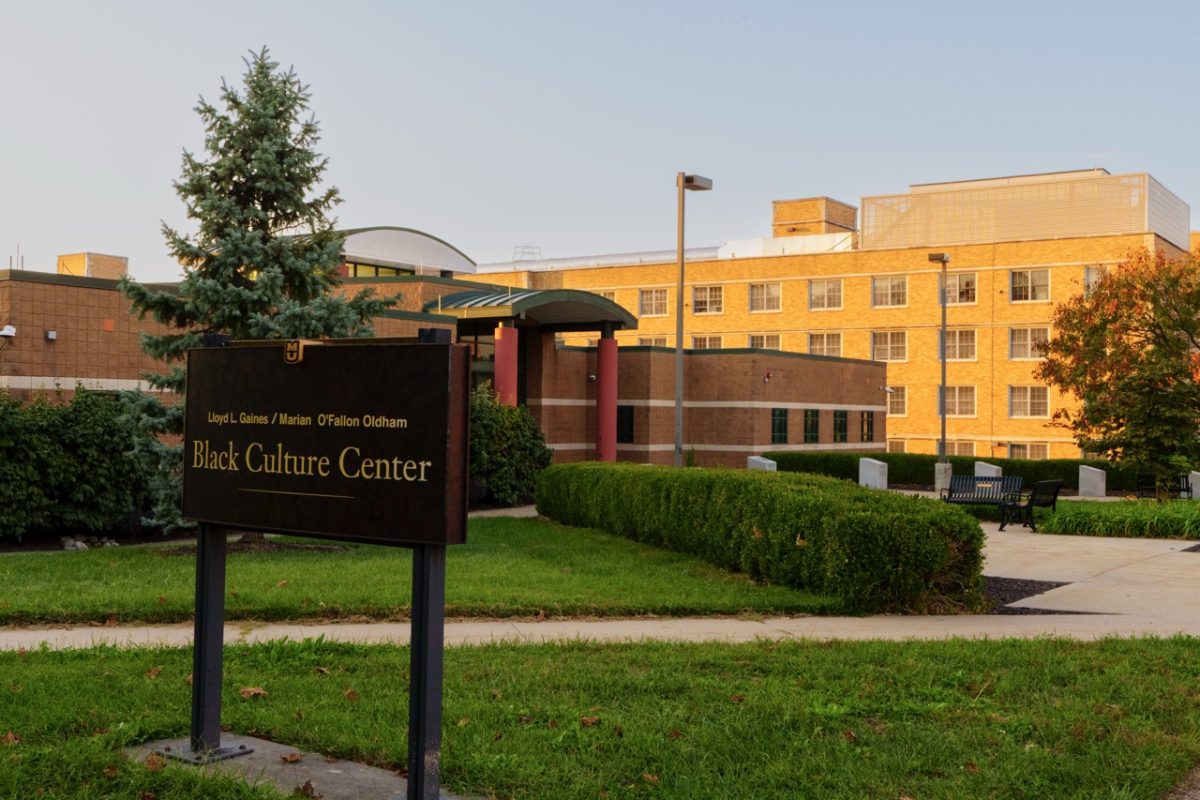For many, 2016 was a year of firsts. This year saw the first female U.S. presidential candidate [win a major political party’s nomination](http://www.wsj.com/articles/hillary-clinton-officially-becomes-first-female-to-win-major-party-nomination-1469572814), [Netflix offered offline downloads for the first time](http://www.vox.com/new-money/2016/11/30/13793870/netflix-download-option-feature), and the [Chicago Cubs won the World Series for the first time in 108 years](http://m.mlb.com/news/article/207995060/cubs-win-world-series-after-108-years-waiting/). But 2016 has also had its fair share of echos from the past: some more lighthearted, and others a bit darker.
The year 2016 cannot be mentioned without the U.S. presidential election immediately coming to mind. Regardless of how you feel about the results, there were many striking parallels between this year’s election and those in the past.
“With mudslinging, a lot of people have talked about election fatigue, or being tired of all of the jabs back and forth, all of the personal attacks,” said Cassandra Yacovazzi, a post-doctoral fellow in the history department. “However, this is nearly not without precedent. Attack ads go back to the very first presidential election between John Adams and Thomas Jefferson. You saw deeply personal attack ads on both sides. And they weren’t attacking nitty-gritty policy, they were attacking the other person’s character.”
This, of course, compares to the variety of personal attacks candidates on both sides of the presidential election this year threw at each other. From Donald Trump’s camp, we saw Hillary Clinton being coined as [“Crooked Hillary”](https://twitter.com/realdonaldtrump/status/781788223055994880?lang=en) or, as once used in a debate, [“a nasty woman.”](http://www.cnn.com/2016/10/19/politics/donald-trump-hillary-clinton-nasty-woman/) From Clinton’s camp, we saw attacks on Trump’s political followers, as she said at a fundraising event that half his followers could fit into [“a basket of deplorables.”](http://time.com/4486437/hillary-clinton-donald-trump-basket-of-deplorables/)
Another striking parallel was the resurrection of nativism being practiced openly across the country. In its most basic form, nativism is defined as [“the policy of protecting the interests of native-born or established inhabitants against those of immigrants.”](http://www.dictionary.com/browse/nativism)
“A flash of nativism came back in the 1880s when a new wave of immigrants — this time it was the Chinese, Eastern Europeans, Russian Jews and Italians — each of these groups were targeted by nativists,” Yacovazzi said. “In the 1880s, Congress passed the Chinese Exclusion Act, which actually banned a specific ethnic group from entering the country for the first time. That wasn’t overturned until 1943.”
Nativist movements, such as Trump’s suggestion to temporarily ban all Muslims from entering the country, weren’t the only thing we saw this year. Much of the political rhetoric used by Trump and his campaign mirrored that of Charles Lindbergh’s nativist rhetoric. Lindbergh, a publicly outspoken anti-Semite and isolationist, delivered a famous speech on Sept. 11, 1941 in which he promoted the idea of [“America First.”](https://en.wikipedia.org/wiki/Charles_Lindbergh#America_First_involvement) 75 years later, the exact same phrase was used by President-elect Trump in a [speech](https://www.washingtonpost.com/news/post-politics/wp/2016/04/27/trump-pivoting-to-the-general-election-hones-america-first-foreign-policy-vision/?utm_term=.0268ae876d63). “‘America First’ will be the major and overriding theme of my administration,” he said.
This year’s election also saw an unprecedented type of campaigning, in which candidates used social media as a battleground to hold fierce political debates. The back-and-forth bickering on social media was not just political fodder, but it elicited real results that impacted the outcome of the election.
“I think in some ways, social media was used to make the election more divisive,” Yacovazzi said. “It grouped people under certain titles or into certain categories where their identities could be whittled down to a hashtag. It was a new way to easily and unpredictably direct someone one way or another.”
On a local scale, MU continued to heal from [last year’s heightened racial tensions on campus](https://www.themaneater.com/stories/2015/11/5/interactive-timeline-historic-fall-mu/). However, there were some incidents this school year that reflected some of those racial tensions.
In fall 2015, after repeated injustices and acts of racism committed on campus, a group of students known as Concerned Student 1950 organized walkouts and protests in attempt to have their voices heard. The group issued a [list of demands](http://www.columbiatribune.com/list-of-demands-from-concerned-student-group/pdf_345ad844-9f05-5479-9b64-e4b362b4e155.html), one of which called for the UM System president at the time, Tim Wolfe, to resign. By the end of the fall, Wolfe officially resigned.
“Locally, it’s interesting to see how the university started moving forward after the events from last fall,” associate journalism professor Cristina Mislan said. “We still saw some instances of racism on campus this semester. There seems to be some moves that as a community we need to make. Granted, it’s still going to take some time to create the cultural climate that we should have.”
Not all historical parallels from this year have been as serious or as political as the U.S. election. This past summer, after the release of the gaming app _Pokémon GO_, it immediately became a smash hit across the country and even the globe. This phenomenon can be compared to the release and subsequent popularity gain of _Pac-Man_ in the 1980s.
“It seems to be one of the hot takes of this year, whether or not _Pokémon GO_ is a new phenomenon,” said Alison Montgomery, a post-doctoral fellow in the history department. “Its release parallels the release of _Pac-Man_ in 1980. Because again, you have this brand-new video game that comes out on the American market, [and] it’s phenomenally successful. It sells in an age where video games are limited to arcades and pizza parlors, yet it sells over 350,000 consoles in maybe 15 to 18 months with it being on the market. So even with something as revolutionary as a game that you can play on your cell phone, there are precedents of that in the 1980s.”
Whether it’s politics or Pokémon, as we look back on this long year as it comes to an end, it is easy to see how history weaves its way back into the present.
_Edited by Katherine White | [email protected]_








